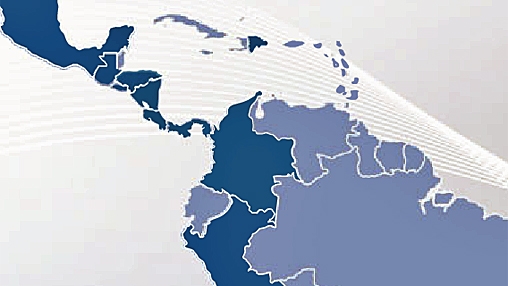In the Dominican Republic, when funds are assigned to projects financed by the World Bank and the IDB, any citizen can exactly know where the money goes. This is possible thanks to the System for Execution of Procurement Plans (SEPA in Spanish), a website that permits to observe in real time if a procurement plan is being followed as originally approved.
SEPA launched this week in the Dominican Republic during an event attended by civil society representatives, the private sector, and the media, as well as government officials and specialists from the government agencies in charge of implementing the projects.
The Dominican Republic joins other countries in the Latin America and Caribbean region that increasingly demand information and transparency in their procurement processes.
The people have control
"There is a marked perception in our countries that the procurement processes lack transparency and openness,” explains Catherine Abreu, procurement specialist for the World Bank in the country.
“Tools like SEPA put the control in the hand of citizens, who can easily monitor if a process based on the original plan is executed or not,” adds Abreu.
“It is about having people get involved,” says Nikolai Sviedrys, the regional coordinator of this tool. “Now the information is available for all, they can generate management reports, and review any process in real time,” he adds.
For Anniuska Castillo, leader of “Mirando lo mio”, a group that specializes in social auditing of public policies, the most innovating aspect of SEPA is that civil society monitors the use of resources, while the private sector is able to see the future procurement plans for each project.
In other words if one makes the most of the system and its advantages and all the information it contains, this platform could raise business opportunities for professionals interested in goods and services.


